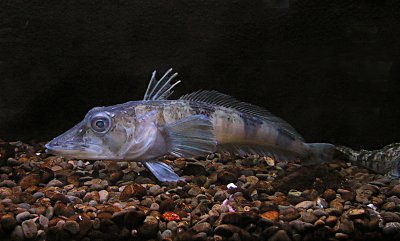On July 6, 1988, just before 10 pm, a gas explosion aboard the North Sea oil Rig Piper Alpha ignited a fire that became an inferno fueled by oil and gas pumped by two other rigs upstream in the production line. One hundred and sixty seven men died, including two from a rescue boat, almost before those outside the rig took measure of the catastrophe. Only 59 men survived, some of whom did so by jumping into the sea from heights of up to 175 feet.
Members of my family were living in Scotland at the time of the disaster; they spoke of the profound collective shock. I arrived in Leeds in time to follow Lord Cullen’s inquiry. Last July, 20 years after the disaster, BBC Radio 3 broadcast a riveting, damning, impeccably constructed documentary drama based upon the testimonies and findings of the inquiry. This week, the play is being repeated on BBC Radio 4.
It begins with the explosion of the gas line and ends 90 minutes later as the accommodation block, where most of the remaining men had been trapped, falls into the sea. A narrator – the only female voice in the production that needfully consists entirely of male voices – is the voice of the chorus, providing technical detail and essential context, as the play overlays dialogue from the inquest upon by-the-minute dramatization of the experiences of several men who survived as well as key exchanges between the operators of the other rigs, the crews of pilot and rescue boats, and executives and rescue organizations on shore. And it works, without a moment of confusion and a wasted word. Though I have no doubt that there are controversies and arguments about what exactly happened when and where, and simplification is inevitable; it is, after all, a dramatization. Compelling as a tragedy, for we all know the end. Fascinating as an examination of systems failure, communications failure, unheeded warnings and flawed human decision-making in an information void. (Not only oil and gas, but communications flowed through Piper Alpha, and very shortly after the first explosion, the communications centre was destroyed and the upstream rigs ceased to have any communications with Piper, each other, or the head office on shore. All they had was a mayday, a horizon lit up with fire and explosions. Disbelief, and a miscue by a pressure-guage, led to an hour-long delay in shutting down the flow of fuel to the fire.) And impressive in the way it weaves together narrative, multi-viewpoint action, reflection and analysis.
The acting is very fine, from the subtle shadings of compassion and force in Lord Cullen’s portrayal, through the strain and chagrin of the managers and executives facing his questions, to the actors portraying the men themselves, both within the inferno and as they recollect what they did, saw, and survived. Even the sound-effects, superb and intermittedly frightening, merely augmented the impact of voices and dialogue. The play is available until next Saturday afternoon (GMT).
 Which brought to mind my reaction to a recent BBC7 offering, the futuristic thriller Cold Blood. There was nothing original in the plot, but I could live with that. I followed along fine until we came to the “scientific” explosition. The homicidal villain of the piece was a scientist who found a cure for leukemia and pretty much everything else in the biology of the
Which brought to mind my reaction to a recent BBC7 offering, the futuristic thriller Cold Blood. There was nothing original in the plot, but I could live with that. I followed along fine until we came to the “scientific” explosition. The homicidal villain of the piece was a scientist who found a cure for leukemia and pretty much everything else in the biology of the